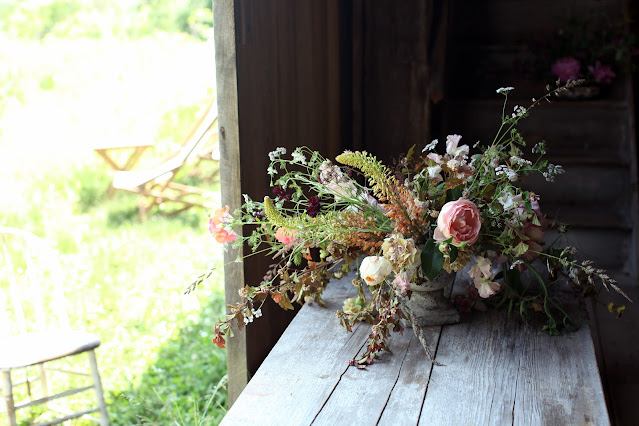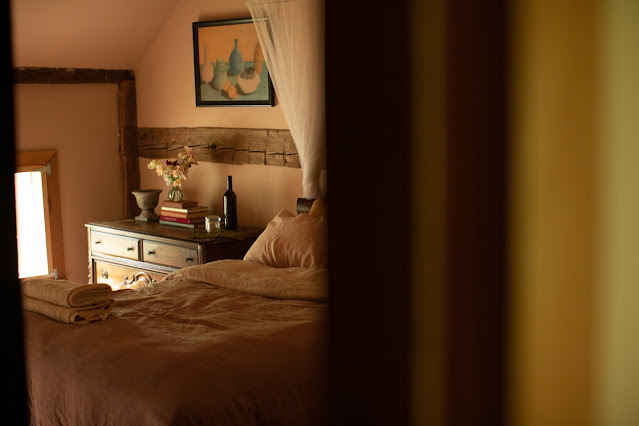[Above images from this morning's photo lesson with my nephew Finn, back on the farm for the summer]
We have endured a lot of difficulties on the farm this year; I’ve alluded to some of that here, but what I have not disclosed yet is that I have been diagnosed with breast cancer. I operate in a world that largely denies facts and absolutes, and so this stands out as a bizarre truth that in many ways feels unreal - and still - after 5 weeks inside the cancer industrial complex, feels like it could still be debunked as mere myth. Remember when we believed that Sarah had cancer! Alas.
Suffice it to say, this surreal time has put a halt on a lot of my plans and capabilities as a farmer and as a leader. I can't work as hard as I was before and have had to ask for help from a lot of friends to help me make some very difficult decisions that hold my personal well being over the farms success. Heartbreaking weeks.
I much preferred the invincible version of myself that was never sick and who could lift more, work harder, and never stop.
And I don’t have words for what it is to lose a colleague and collaborator (Jess Green) to breast cancer at the same time of discovering my own.
As my friends, friends of this place/project, and followers I ask you to keep coming along and doing this work of thinking alongside me. I've taken a few weeks off from communicating but will get back into writing regularly now that I have some bearings. I will share more about my entire experience in some time but for now I can tell you that I found a small pea sized lump deep in my tiny breasts 5 weeks ago. I went to the doctor the next day and thus began what has been a complete indoctrination into this different world. I have stage 1 estrogen positive invasive ductal carcinoma. Surgery (last week) and treatment forthcoming. Good prognosis. I will write endlessly in the future on the gratitude I have for nurses and the sorcery of western medicine...meanwhile some farm information I want to share:
Friends who have been here, please consider visiting us here this summer. Ways to support are to come, give hugs, help weed, cook, play mahjong with Susan (Susan is the ultimate trooper in this story).
Strangers inclined to send good wishes - I always love getting your letters - 123 de Kay Rd. Esperance NY 12066.
SUPERNATURE is still happening - there are about 40 tickets left, so please consider coming and celebrating life with us on July 29th (which is also my 43rd birthday!)
I am closing the Coyote Cafe/open Farm Sundays for the season. My weird little experiment of feeding visitors our farm food is a big lift for us every week and it’s been hard to get enough bodies in the space for it to feel worth while. I was (am still) very attached to the ideology of this alternative restaurant and I love cooking and waiting tables, but it doesn’t work financially and needs to be put on hiatus for now as I transition the farm to be a slightly more private place tuned to my own needs. Some of you call it your favorite restaurant, some of didn’t realize it was real and thought it was a joke. Either way, the project will continue perhaps closer to town where it’s easier for people to get to or perhaps with a few dinner nights in the fall if I'm feeling better.
Amidst the horror and disorientation of that last few weeks, I'm reminded of a few things about myself: I truly love adventure, change and challenging work - I'm laughing as type this. My very curious, very brave self sees this potent moment as an opportunity to reorient myself potentially for the better. I've been wanting radical change for years but kept hitting my head against the wall as to how to affect it. As dark as I can be, I can always, ALWAYS conjure hope. Perseverance is central to my operating system.
Love to you all, honored to share my stories and rites of passage with you. SR







































